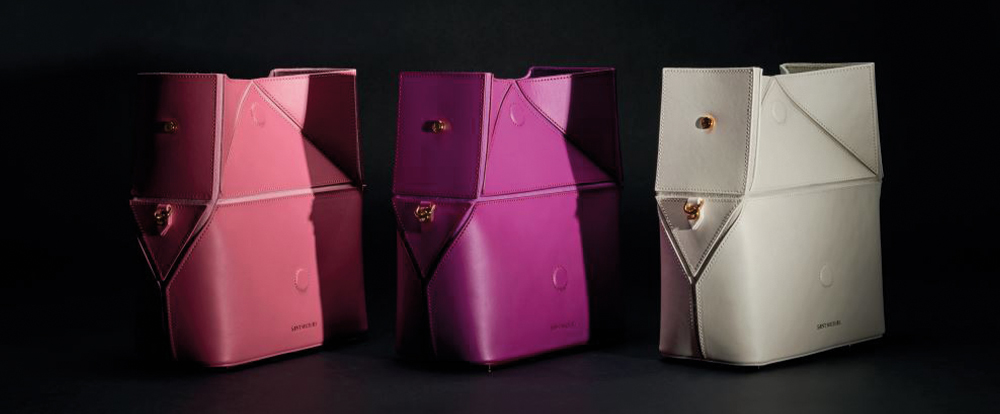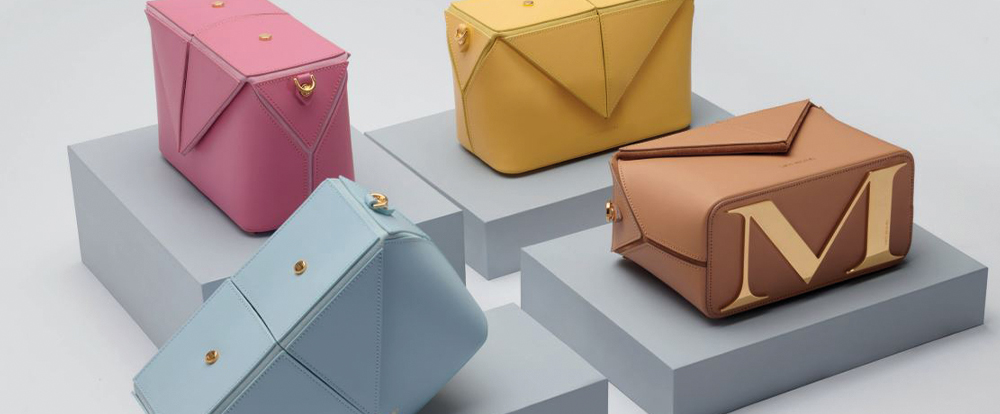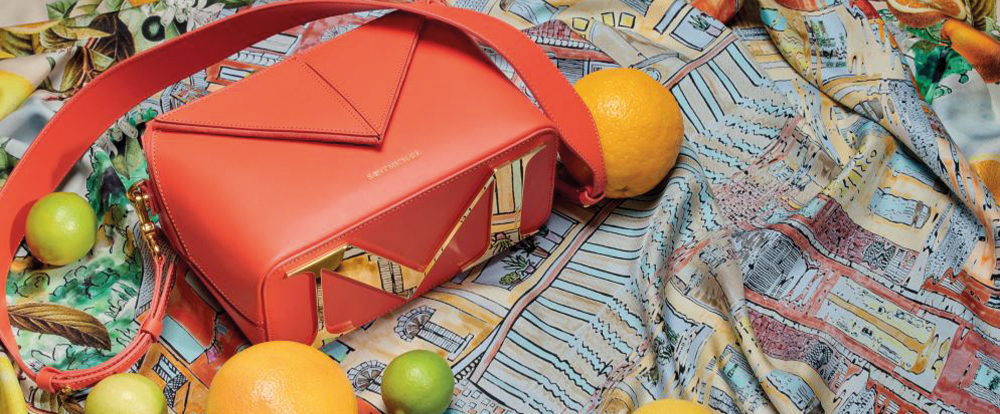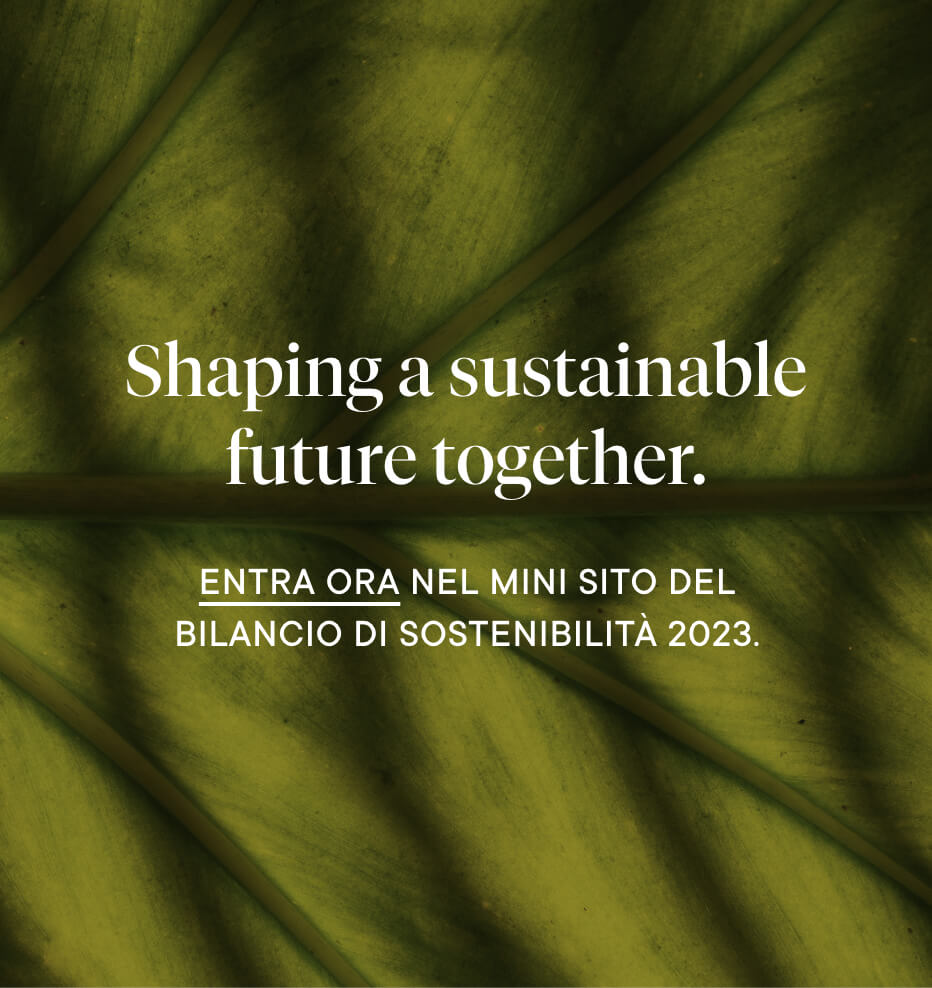Customer Stories
View allLuxury Leather Goods with new visions, fresh & innovative ideas and unique identity
What does ethical fashion mean to you?
My definition of ethical fashion encapsulates the multifaceted approach necessary to create a more sustainable and equitable fashion industry. It emphasizes the importance of considering the entire lifecycle of clothing, from production to consumption, and highlights the interconnectedness between our choices as consumers and their impact on both people and the planet. By prioritizing fair wages, safe working conditions, and sustainable sourcing, ethical fashion seeks to address the social and environmental challenges inherent in the fashion industry. Transparency and advocacy are also key components, empowering consumers to make informed choices and driving systemic change within the industry. Ultimately, ethical fashion is not just about the clothes themselves, but about the values and principles they represent. Ethical fashion is about recognizing that the clothes we wear have a story, and ensuring that story is one of dignity, respect, and care for both people and the environment.
Can you tell us what led to the collaboration with DANI?
We found DANI when visiting the Lineapelle Fair while looking for material for our new bag, Eleusis. “Nausica” leather sounds ideal for our bag, meeting our criteria for a classic yet modern look, light grain texture, and the appropriate thickness to suit the bag's performance requirements. The wide variety of color options available from Nausica Leather provides us with ample flexibility to choose the perfect shade to complement our bag design, ensuring that we can achieve the desired aesthetic appeal. The fact that DANI is an Italian leather manufacturer with a long history of producing sustainable leather since 1950 adds a layer of trust and credibility to our collaboration. Italy is renowned for its expertise in leather production, and the commitment to sustainability further enhances the value of the partnership. This collaboration is sure to result in a high-quality product that meets both our aesthetic and performance requirements, combining quality craftsmanship, sustainability, and reliability.
What does leather offer you that alternative materials do not?
Leather's combination of durability, sustainability, aesthetic appeal, versatility, and cultural significance contributes to its enduring popularity and continued relevance in industries such as fashion, footwear, furniture, and automotive. One of the key reasons for the importance of leather is its durability. Leather's durability is indeed one of its most significant advantages. Its ability to withstand wear and tear over time makes it a preferred choice for products that are meant to last, such as jackets, shoes, and furniture. This durability not only ensures longevity but also reduces the need for frequent replacements, thereby contributing to sustainability. The longevity of leather products also contributes to their sustainability. Unlike many synthetic materials that may degrade quickly and end up in landfills, leather can often be repaired and reused, extending its lifespan and reducing waste. The natural beauty of leather, including its texture, grain, and patina, is highly valued by many consumers. Its luxurious appearance adds a touch of elegance and sophistication to fashion items, furniture, and other products, making them desirable and timeless. Leather's versatility in terms of color, texture, and finish allows for endless design possibilities. Designers can experiment with different techniques and treatments to achieve unique looks, catering to diverse consumer preferences and style trends. Leather has been an integral part of human culture and history for thousands of years, symbolizing craftsmanship, tradition, and heritage. Its continued use in various industries reflects its enduring appeal and significance in society.
What are your consumers looking for?
Saint Michael’s consumers often seek more than just high-quality products reflecting their personal style and preferences but also align with their ethical and sustainability values. They prioritize brands that demonstrate a commitment to social and environmental responsibility, they actively contribute to a more sustainable and equitable fashion industry. The emphasis on high-quality craftsmanship and innovative approaches that minimize environmental impact while maintaining luxury and style reflects the discerning tastes and values of our consumers. They recognize the importance of not only the aesthetic appeal of products but also the ethical and sustainability considerations behind them. Moreover, by considering the broader social and environmental implications of their purchases, our consumers play a crucial role in driving positive change within the fashion industry. Their demand for ethical and sustainable practices encourages brands to adopt more responsible approaches, leading to a more sustainable and equitable future for the fashion industry as a whole. Overall, Saint Michael's consumers exemplify a commitment to conscious consumption and ethical values, making informed choices that align with their beliefs and contribute to positive change in the fashion industry.
What do you think will be the future of leather goods?
Leather is an important material with a long and rich history and has been used by humans for thousands of years, Its durability, aesthetic appeal, and cultural significance have ensured that it remains a valuable material in many industries today. Leather manufacturing is a highly automated and global industry, with production centers in countries around the world. Leather products are made for a variety of markets, from high-end fashion and luxury goods to affordable mass-produced items. The industry further continues to innovate and evolve, with new technologies and materials being developed to make leather production more sustainable and ethical. Modern techniques include computer-aided design and cutting, laser etching, and environmentally friendly processes such as water-based tanning. Technology is likely to play a significant role in the future of leather goods production. Advancements in areas like 3D printing and digital modeling could revolutionize the design and manufacturing process, allowing for more customization and efficiency. As concerns about waste and resource depletion continue to grow, the leather goods industry may increasingly adopt circular economy principles. This could involve designing products for longevity and reparability, as well as implementing take-back programs and recycling initiatives to ensure that materials are reused or repurposed at the end of their life cycle. Consumers are becoming increasingly concerned about the origins of the products they buy, including leather goods. In response, brands may place a greater emphasis on transparency and traceability throughout the supply chain, providing consumers with information about where materials are sourced, how products are manufactured, and the environmental and social impact of production processes. Ethical considerations, such as fair labor practices and animal welfare standards, are likely to become increasingly important for both consumers and brands. Companies that prioritize ethical and sustainable practices may gain a competitive advantage, as consumers seek out products that align with their values and beliefs. Overall, the future of leather goods is likely to be characterized by innovation, sustainability, and ethical considerations. By embracing new technologies, and business models, the industry has the potential to meet the evolving needs and preferences of consumers while minimizing its environmental impact and upholding ethical standards.



SEVDA LONDON: conscious design.
Next news

